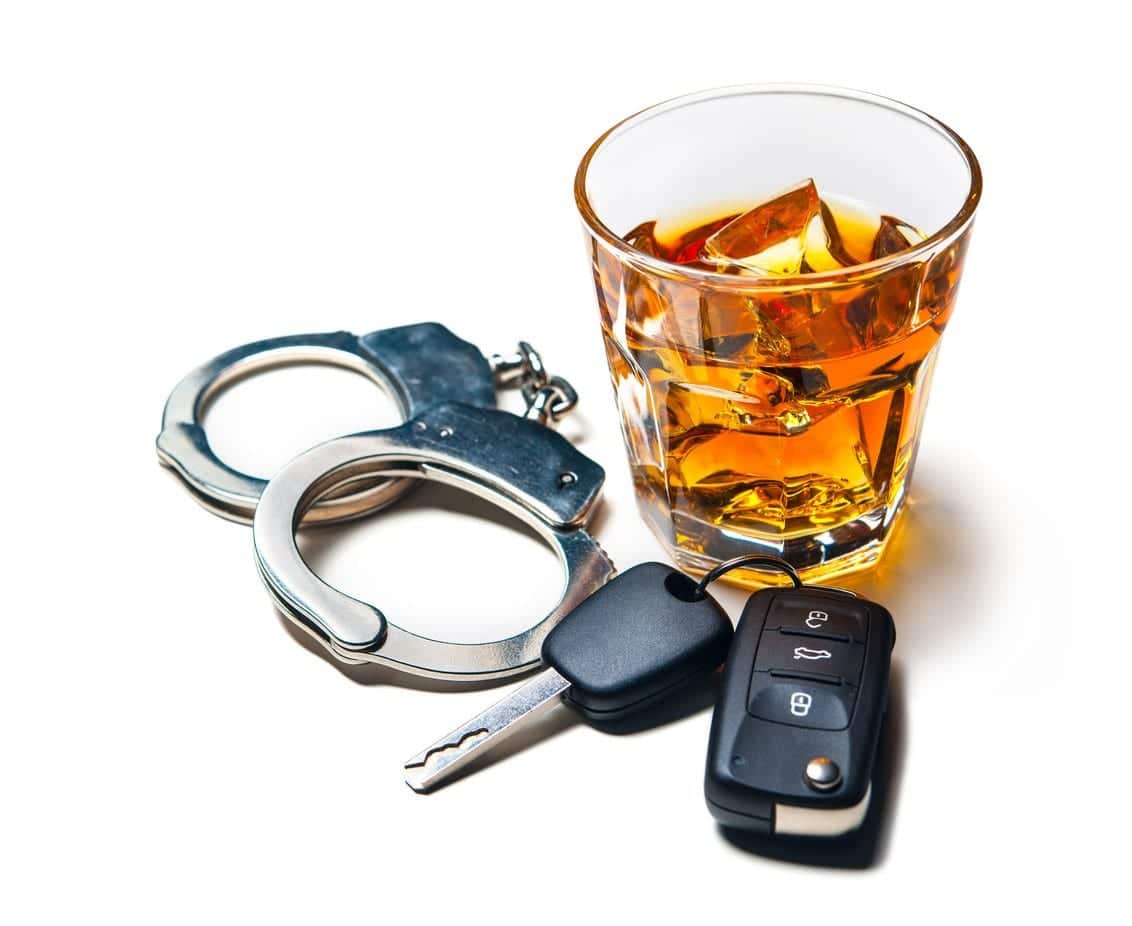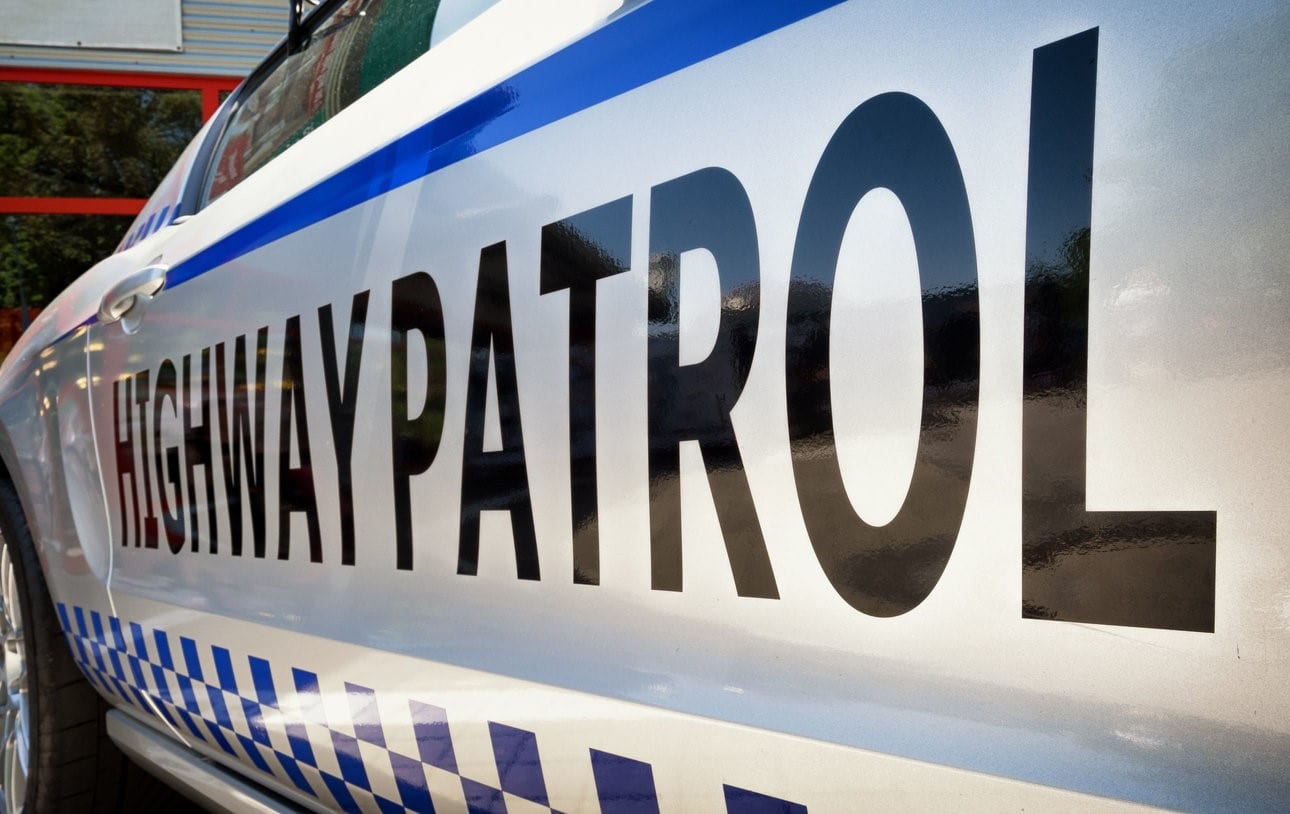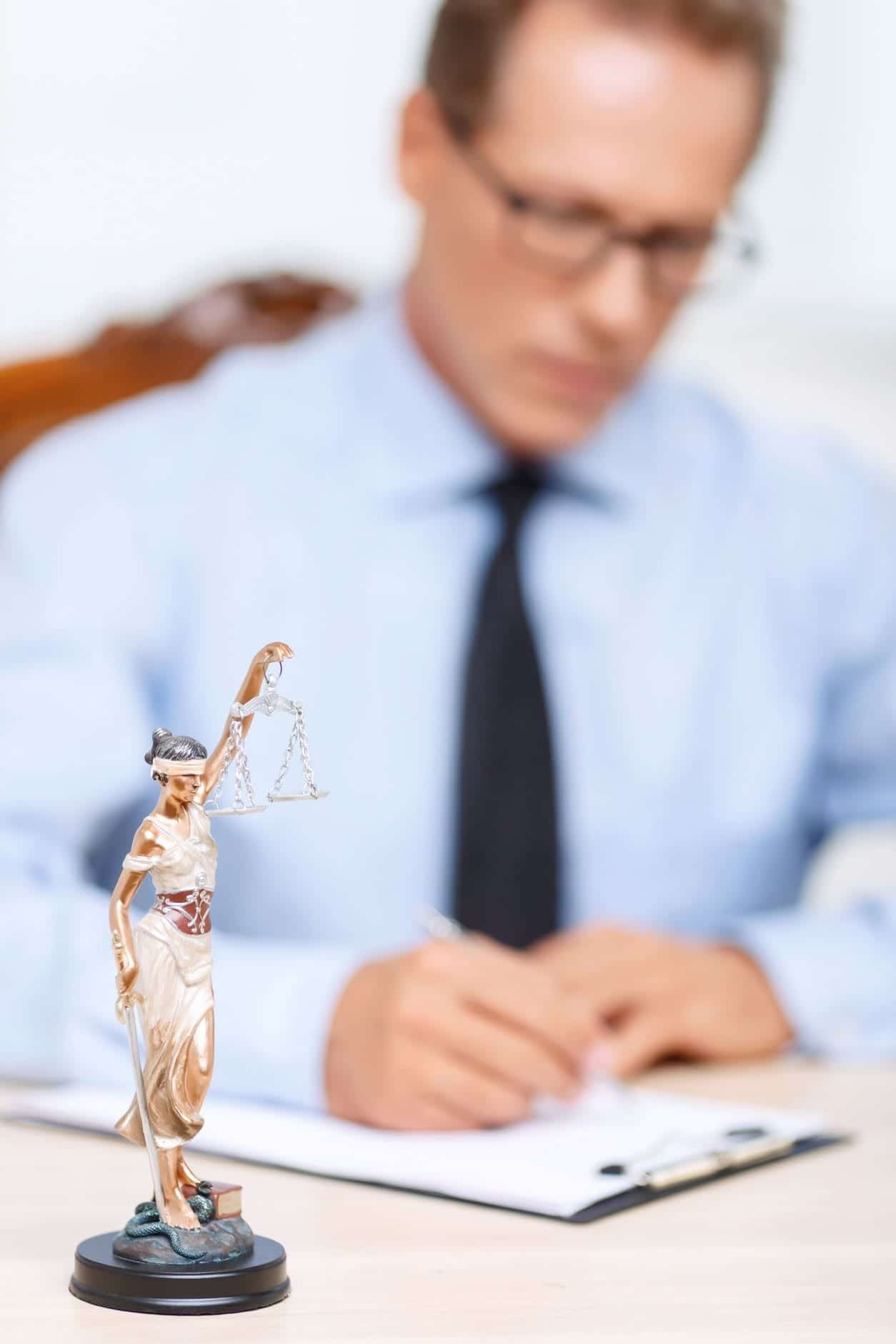
Even though the Vikings have had a pretty great season so far, their first loss to the Eagles occurred following a disappointing team scandal. George Edwards, the team’s defensive coordinator, had been arrested on DWI back in May. But the story wasn’t released until the team’s bye week, accompanying the story of practice squad guard Isame Faciane’s release from the team after a similar charge.
The story caused some unrest and debate about how DWI charges should be treated, especially in a state like ours, where the DWI rate is rather high. For many people, DWI convictions may mean not only heavy fines and criminal penalties, but could also lead to them losing their job – exactly what happened to Isame Faciane.
With all of this in mind, we thought that it might be helpful to go over some things that you can do to prevent being charged or convicted of a DWI.
Assign a Designated Driver
If you haven’t started drinking yet, preventing a DWI is actually really easy: don’t drive drunk. Choose a member of your party (and possibly a backup) to be the designated driver. If no one wants to volunteer right away, offer to pay for their dinner or gas, or provide another incentive to stay sober. Still no takers? Go with option two…
Get a Rideshare to the Bars
Everyone wants to have a little fun during your night out? You can still order up a designated driver by getting an Uber or any other type of taxi or rideshare service. This may seem expensive, but it prevents you from being tempted to drive home from the bar. And in a big group, splitting the fare may end up being pretty cheap – especially when you compare it to the cost of a DWI.
Purchase a Smartphone Breathalyzer
Sometimes events or parties don’t always go as planned, or you end up having a drink or two even though you’re stuck with driving duties. If you are not sure whether or not you are sober enough to drive home, you should probably try and find another option. However, there are new devices to help you determine whether a ride home could turn into a ride to the police station.
One of these devices is an actual breathalyzer. Yes, that’s right, you can now have your own. These devices range in size and may or may not have the ability to attach to your phone, but many are portable and will give you a decent idea as to what your BAC will be if you are pulled over by police and asked to take a chemical test.
Keep one of these handy while you’re at the bar. You may be surprised at your BAC when it comes time to drive – which can lead to you making a smarter choice.

Know Your Rights When Pulled Over
If the police pull you over for speeding or other reckless behaviors, they may try to determine whether or not you have had alcohol as well. While preliminary tests are not required, once you have been arrested on suspicion of DWI, you must consent to taking a chemical test (blood, breath, urine). This is due to Minnesota’s implied consent laws. Refusing to take this test will result in criminal charges, so you might as well take it.
Remember that you do have the right to remain silent and the right to refuse a police search. If an officer asks you if you have had alcohol earlier in the day, or if they want to search your car, you are allowed to refuse. You also have the right to speak to your attorney – even before taking your chemical test.
If You’re Traveling Out of State
Minnesota is one of the few states that have outlawed DUI/DWI checkpoints on the road. You can only face DWI charges if you are pulled over by law enforcement or get into an auto accident. However, if you are heading out of state, know that you may face a sobriety checkpoint in which all drivers are subject to speaking with law enforcement or taking sobriety tests.
Know Your Options
The different ways in which the DWI charges were handled is a main reason why Isame Faciane was released from the Vikings and George Edwards was not. If you are charged with DWI, you may have options available to avoid a conviction. For example, Edwards pleaded guilty to a lesser charge of careless driving.

Talk to a Minnesota DWI Lawyer
A lawyer who has handled cases in DWI will be able to help you negotiate your sentence and mitigate the charges against you. In a more serious case (or if you choose to plead “not guilty”), a Minnesota DWI lawyer will be able to offer defense strategies and ways to prove your innocence.
About the Author:
Christopher Keyser is a Minneapolis-based criminal and DWI defense attorney known for fighting aggressively for his clients and utilizing innovative tactics to get the most positive results. He has been featured in numerous media outlets due to the breadth and depth of his knowledge, and recognized as a Minnesota Super Lawyers Rising Star (2014–2016), a Top 100 Trial Lawyer (2013–2016), and a Top 40 Under 40 Attorney (2013–2016).





